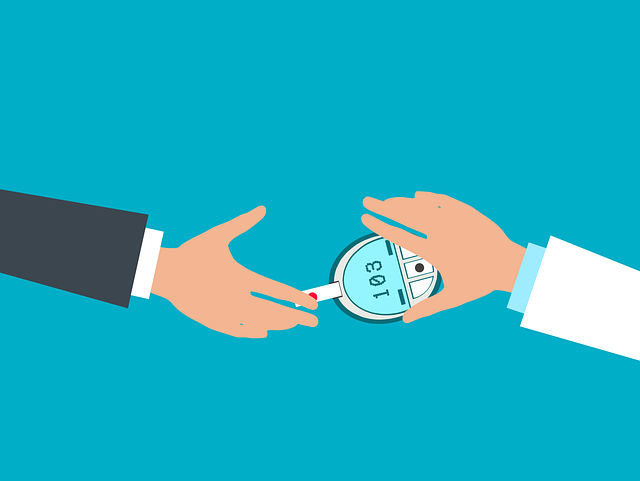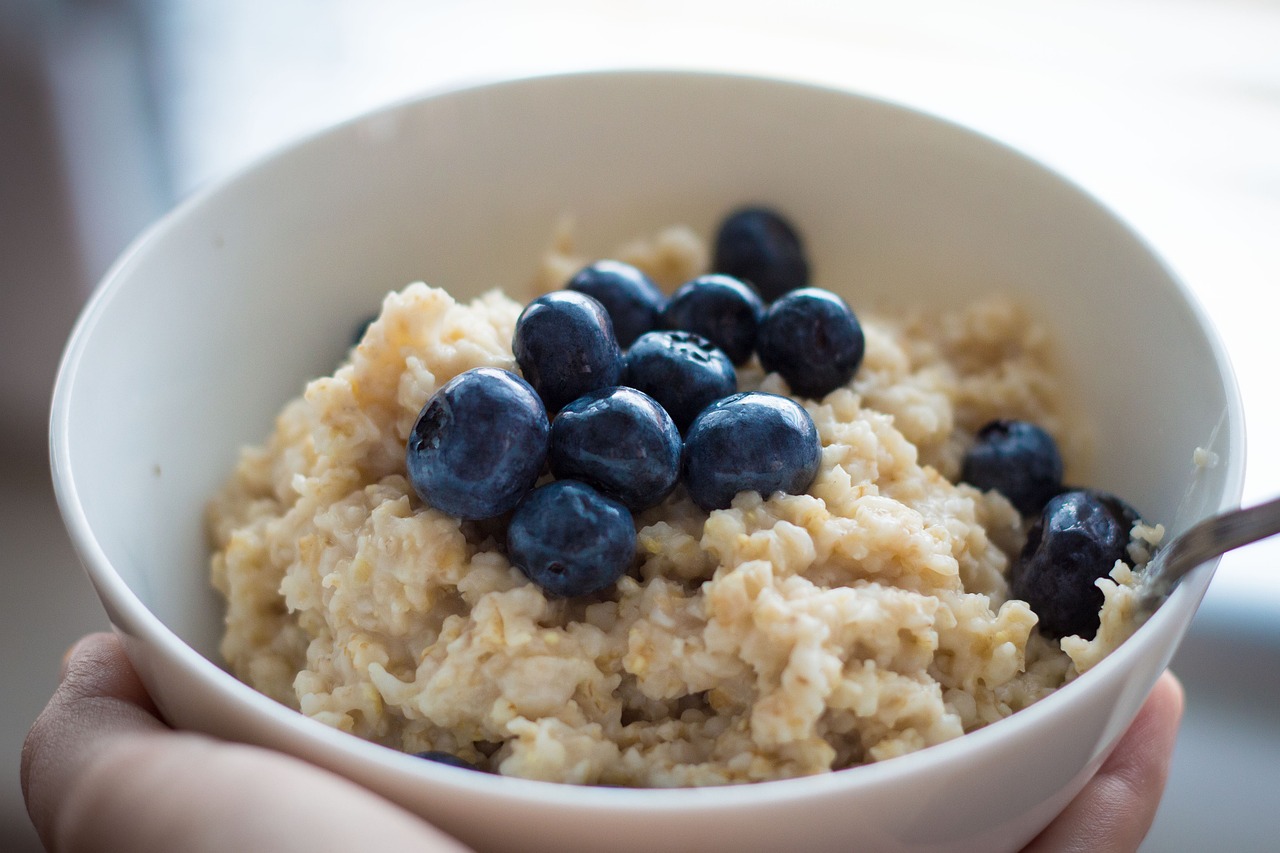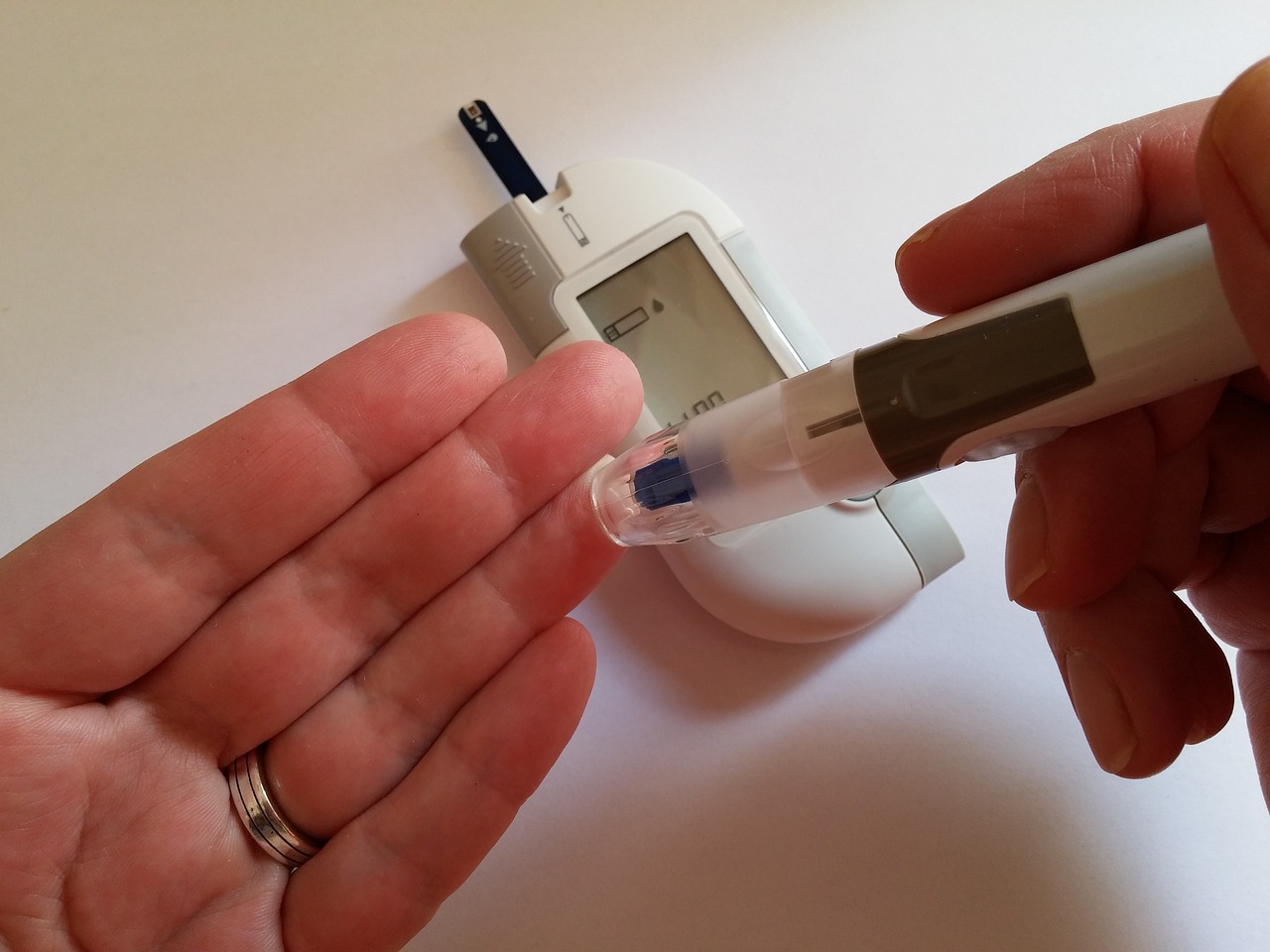Diabetes is a condition (disorder) that prevents the body from utilizing glucose (sugar) thereby leading to a rise in blood glucose levels. The food that we eat gets converted into simple sugar, i.e., glucose. Our body utilizes glucose to produce the energy required to perform various activities and bodily functions.
Insulin, a hormone secreted by the beta cells of the pancreas, makes glucose available to the body cells, helping to convert it into usable energy. In case of lack of or insufficient insulin, our body fails to utilize glucose to produce energy, diabetes symptoms thus increase the levels of glucose in our blood and lead to the condition called Diabetes Mellitus.
Symptoms of Diabetes
While the symptoms of diabetes may begin gradually and can be hard to identify at first, the classic diabetes symptoms are:
- Polyuria – Excessive urination
- Polydipsia – Excessive thirst
- Polyphagia – Increased hunger
- Weight Loss (Type I diabetes) or obesity (Type II diabetes)
Other signs of diabetes are fatigue, blurred vision, aches and pains, dry mouth, dry or itchy skin, vaginal yeast infections (in females) due to the excretion of excess glucose in the urine, poor healing of cuts and scrapes, excessive or unusual infections, and tingling or numbness in the hands or feet.




